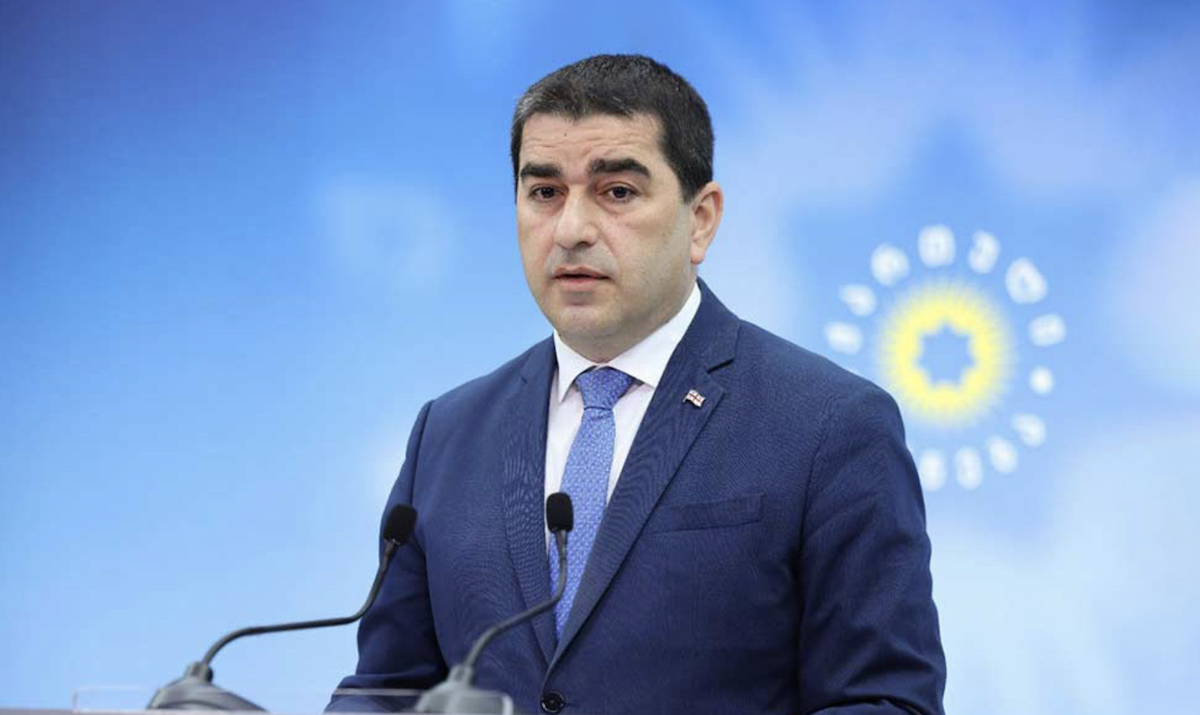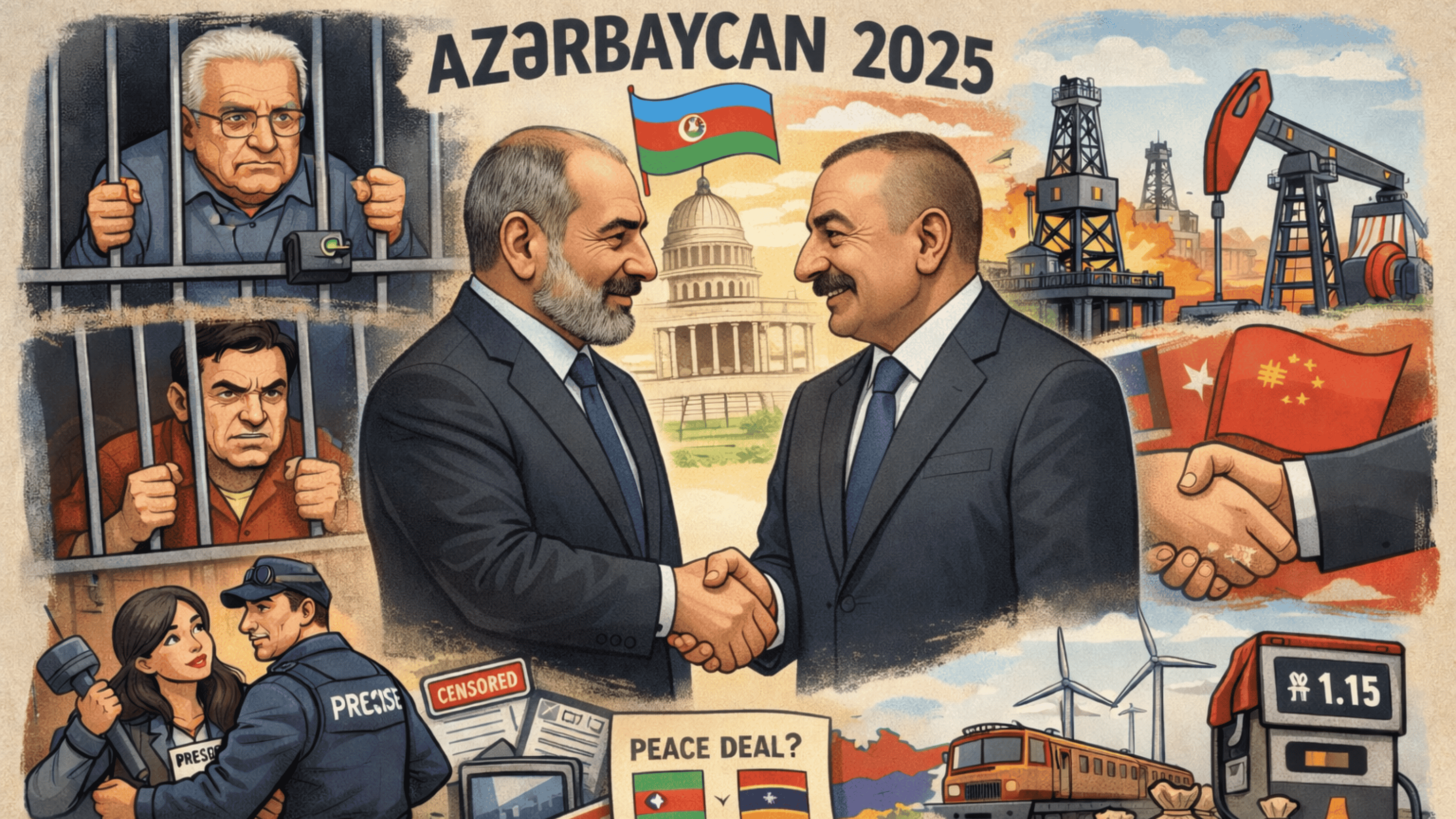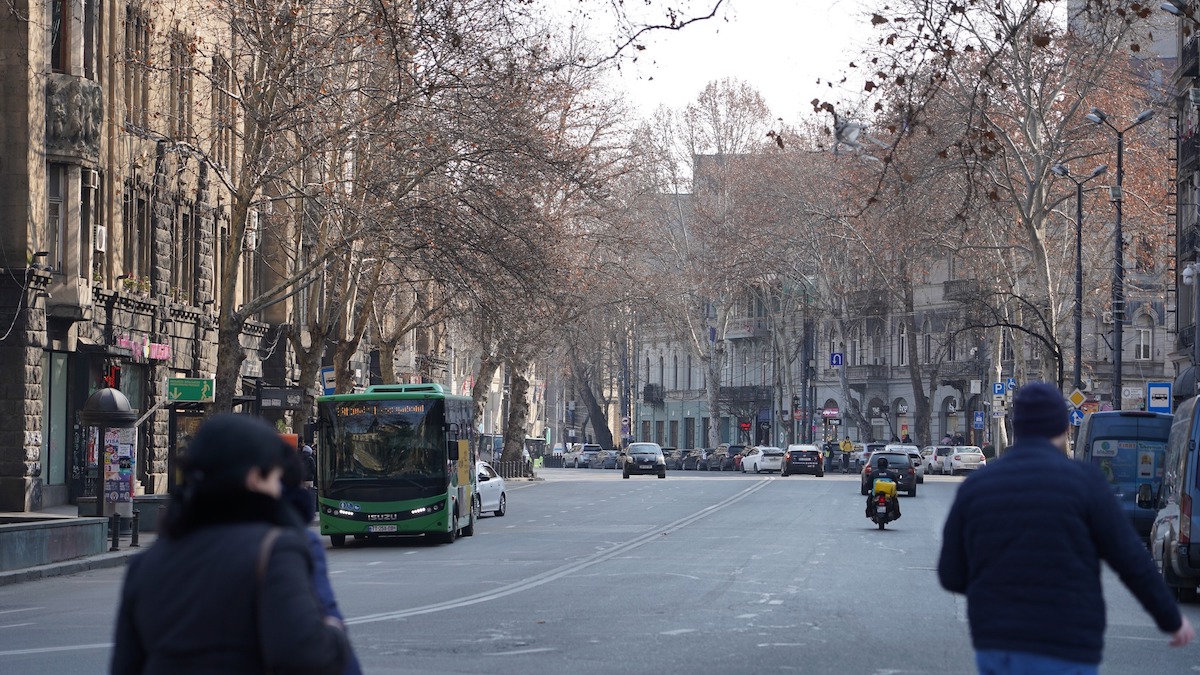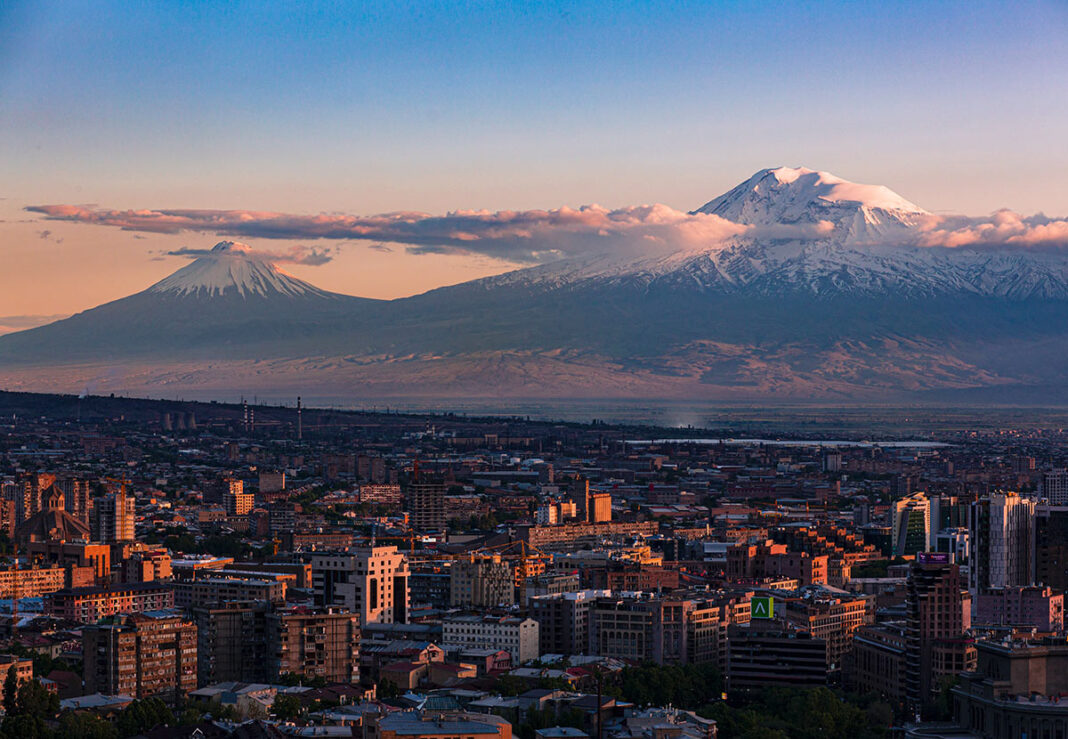Wages rise in Azerbaijan, but so do utility costs
Wage and price increases in Azerbaijan
At the start of the new year, Azerbaijan saw an increase in the minimum wage and minimum pension, along with higher utility tariffs. Low-income citizens and economic experts argue that the rise in incomes does not offset the growing costs of food and utilities.
On January 7, President Ilham Aliyev signed a decree increasing the salaries of employees in various state-funded organizations. Effective January 1, 2025, the monthly salaries of directors and other staff in about 20 institutions—including the Presidium, the Office of the National Academy of Sciences of Azerbaijan, the Ganja Branch of the Academy, and the Heydar Aliyev Center—will rise by an average of 15%.
Additionally, under a previous presidential decree, the minimum wage in Azerbaijan was raised from 345 manats (approximately $203) to 400 manats (approximately $235). However, the Tariff Council also announced higher utility prices starting in the new year.
New utility rates
Heating
According to Azeristiliktechizat, the cost of heating is currently 1.10 manats ($0.65) per square meter, but since 2011, the population has paid just 15 gapiks ($0.09) per square meter, with the difference subsidized by the state. The new optimized rate for the population is set at 30 gapiks ($0.18) per square meter per month without a meter or 14.6 manats ($8.58) per Gcal (40-50 square meters) with a meter.
Natural gas
- The tariff for consumption up to 1200 cubic meters has increased by 0.5 gapiks (4.2%), from 12 to 12.5 gapiks ($0.073);
- The tariff for consumption between 1200 and 2500 cubic meters rose by 2 gapiks (10%), from 20 to 22 gapiks ($0.13);
- The tariff for consumption exceeding 2500 cubic meters increased by 5 gapiks (20%), from 25 to 30 gapiks ($0.17).
The average tariff for 1 cubic meter of natural gas for households rose by 1.3 gapiks (8.7%).
Electricity
- The rate for consumption up to 200 kWh increased by 0.4 gapiks (5%), from 8 to 8.4 gapiks ($0.049);
- The rate for consumption between 200 and 300 kWh rose by 1 gapik (11.1%), from 9 to 10 gapiks ($0.058);
- The rate for consumption exceeding 300 kWh increased by 2 gapiks (15.4%), from 13 to 15 gapiks ($0.088).
The average tariff for 1 kWh of electricity for households rose by 0.7 gapiks (7.8%).
Some private-sector workers have expressed frustration, stating that their salaries remain unchanged while rising prices will significantly worsen their living conditions. They note that the wage increases do not apply to them, and as costs rise, they are becoming poorer.
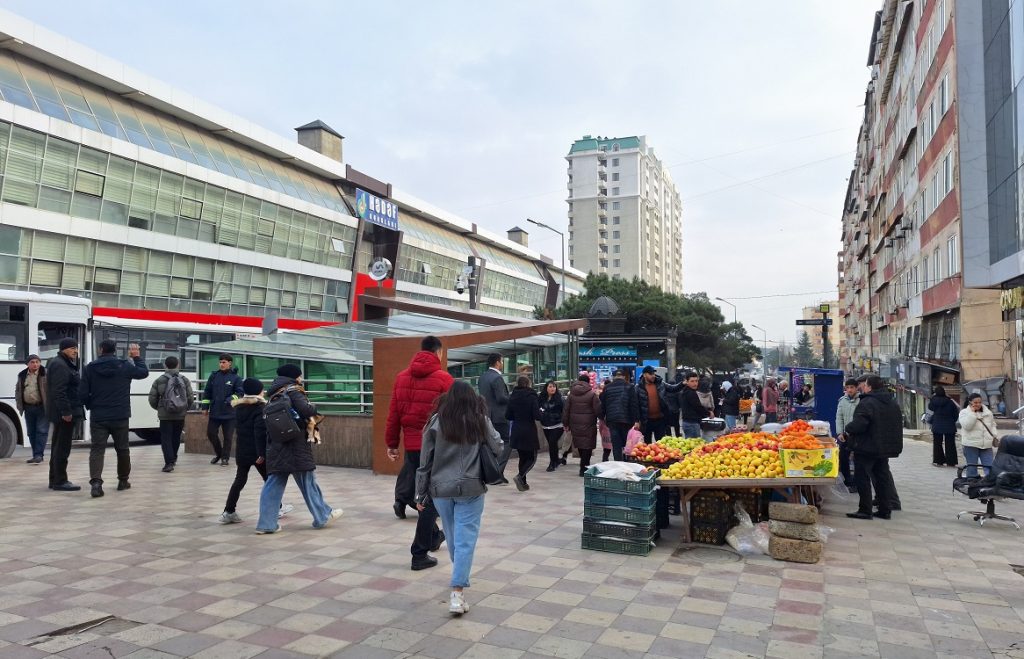
Könul Ahmedova (name changed), a supermarket employee in Baku, told Radio Liberty that her salary is 550 manats ($325):
“Food prices are rising, and now electricity and gas prices are going up too. Everything is getting more expensive except our salaries. When I bring this up with management, they say, ‘If you don’t like it, don’t work.’ Salaries for those in government positions are increasing, but we are also citizens of this country. Why aren’t our salaries increasing?”
The State Social Protection Fund (SSPF) told the Turan agency that as of January 1, 2025, the minimum wage across the country will be raised to 400 manats ($235), marking a 16% increase.
“In addition to raising the minimum wage, plans are also in place to increase salaries for individuals working in certain sectors. Overall, more than 700,000 citizens will benefit from this.”
The agency noted that these figures include 400,000 people working in the public sector and 300,000 in the private sector:
“Currently, even in the private sector, monthly salaries cannot be less than 400 manats.”
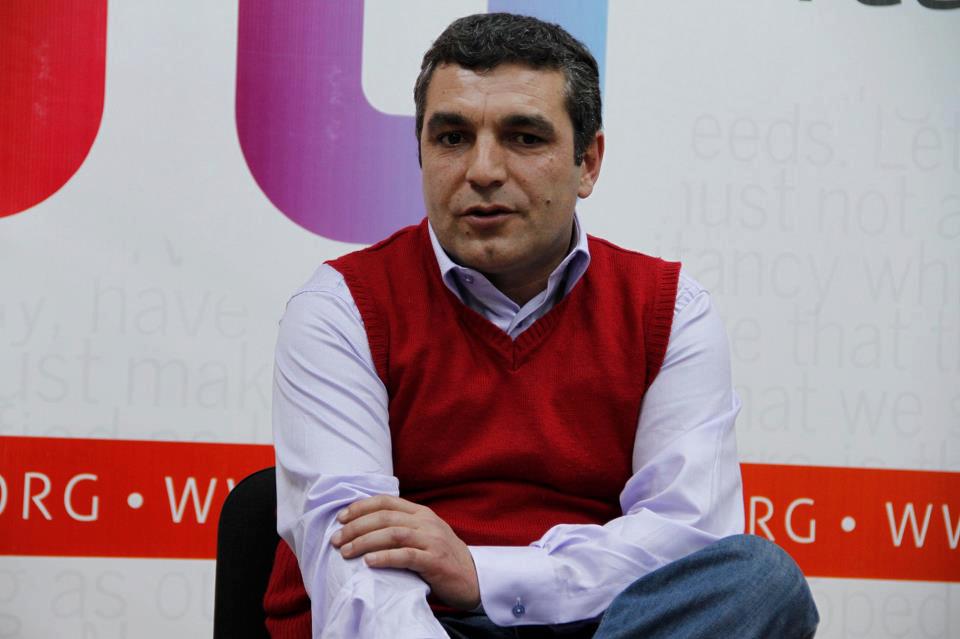
Economist Natig Jafarli told Radio Liberty that the recent increase in utility tariffs may seem minor at first glance, but it does not represent a positive trend:
“We repeatedly see such increases over time. The root causes of this are not being addressed. The main issue is the inefficient and non-transparent operations of state-owned companies. If these causes are not resolved, prices will continue to rise. This time, the increase in minimum wages and pensions was about 15%, while tariffs rose by 6–7%. In this regard, one could say that public sector workers may partially offset these price increases.”
According to him, the problem lies in the private sector, where employers can easily dismiss workers who demand higher wages:
“There are already plenty of people willing to work. Azerbaijan has a serious issue with job shortages. Therefore, the government’s primary goal should be to expand the economy and create new jobs, so that demand rises and employers attract skilled workers under more competitive conditions.”
He noted that the current situation is the exact opposite:
“Therefore, the state should aim to boost economic activity by expanding the competitive environment. Once this happens, the number of jobs will automatically increase, and wages will rise as well.”
Natig Jafarli emphasized that there is currently no data on the number of people earning the minimum wage in the country:
“But we do have information on the median salary. The median salary in Azerbaijan is about 500 manats ($294). This means that half of the 1.7 million contracted workers earn up to 500 manats.”
According to the State Statistics Committee, as of November 1, 2024, the number of employed individuals in the country’s economy stood at 1.7733 million. Of these, 881,700 people work in the public sector, and 891,600 in the private sector. However, official data also indicates that around 5 million people in the country are of working age, with many reportedly working illegally..












